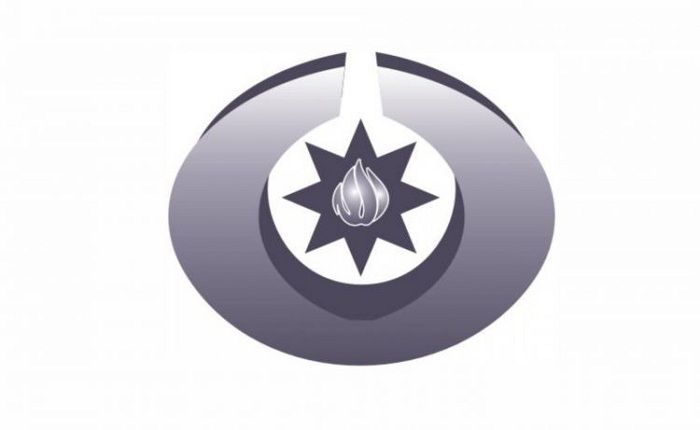Azerbaijani Ombudsman calls for global recognition of genocide and ethnic cleansing against Azerbaijanis by Armenians

Azerbaijanis have endured a systematic policy of genocide and ethnic cleansing by Armenians for over a century, according to a statement issued by the Azerbaijani Ombudsman’s Office, Azernews reports.
The statement outlines that, since the early 20th century, Azerbaijanis of Turkic and Muslim descent have been subjected to genocidal crimes in both Azerbaijan and present-day Armenia, carried out with consistent impunity and on a large scale.
One of the darkest chapters of this policy occurred in 1918, when the genocide against Azerbaijanis, motivated by ethnic and religious hatred, resulted in horrific massacres. These atrocities have become deeply etched in Azerbaijan’s collective memory.
The statement highlights that the anti-Muslim, anti-Azerbaijani actions carried out by Armenian nationalists led to widespread massacres, the destruction of entire villages and cities, the devastation of historical, religious, and cultural monuments, cemeteries, the uprooting of families, and the violent expulsion of Azerbaijanis from their ancestral lands.
The massacres carried out in Baku, Shamakhi, Guba, Garabagh, Zangezur, Irevan, Nakhchivan, Lankaran, Ganja, Goychay, Shaki, Sabirabad, Salyan, Kurdamir, and other regions were part of a deliberate campaign to erase the presence of Azerbaijanis in these territories.
In particular, during the massacres of March 1918, 110 villages in Shamakhi, over 150 villages in Karabakh, 115 villages in Zangezur, 98 villages in Kars, and 167 villages in Guba were burned, and their innocent populations were mercilessly slaughtered. The countless human bones discovered in Guba later reflect the brutality, cruelty, and vandalism of these genocidal acts, clearly demonstrating that Armenians, who were directly responsible for these massacres, killed innocent Azerbaijanis out of hatred, simply because of their ethnicity.
The statement further emphasizes that the existence of verified historical documents and survivor testimonies serves as irrefutable evidence of these atrocities. These records confirm that the massacres were not isolated incidents but were part of a coordinated, planned effort to ethnically cleanse Azerbaijanis. The documents conclusively establish that these crimes, in accordance with international law, constitute genocide.
Despite the overwhelming evidence, the statement laments that international recognition of these genocidal acts has been insufficient, and a fair global response has yet to materialize.
In 1998, by the decree of National Leader Heydar Aliyev, March 31 was declared the Day of Genocide of Azerbaijanis, and research was initiated to provide a legal and political framework for addressing the crimes committed. The statement stresses the importance of internationally recognizing the genocide against Azerbaijanis, ensuring appropriate legal appreciation, and taking measures to prevent the repetition of such crimes in the future.
The Azerbaijani Ombudsman’s Office calls on the international community to conduct a thorough political and legal evaluation of the ethnic cleansing and genocide committed against Azerbaijanis, formally recognize the 1918 massacres as genocide, and work towards restoring historical and legal justice for the victims.
The statement has been sent to a wide array of international bodies, including the UN, EU, OSCE, UNESCO, and various human rights organizations, as well as diplomatic missions and Azerbaijan’s diaspora organizations, urging them to take action and recognize these crimes for what they truly were—genocide.
Here we are to serve you with news right now. It does not cost much, but worth your attention.
Choose to support open, independent, quality journalism and subscribe on a monthly basis.
By subscribing to our online newspaper, you can have full digital access to all news, analysis, and much more.
You can also follow AzerNEWS on Twitter @AzerNewsAz or Facebook @AzerNewsNewspaper
Thank you!

